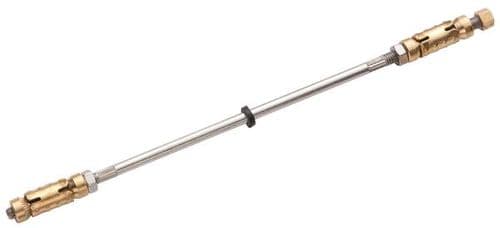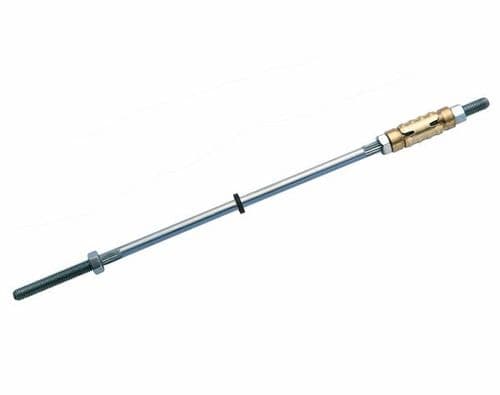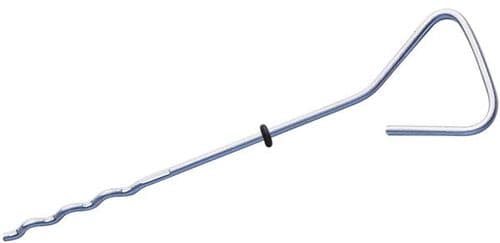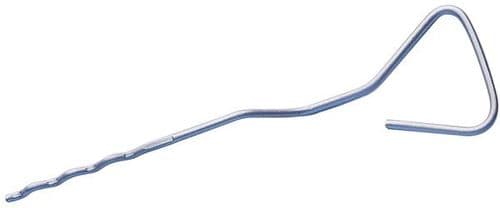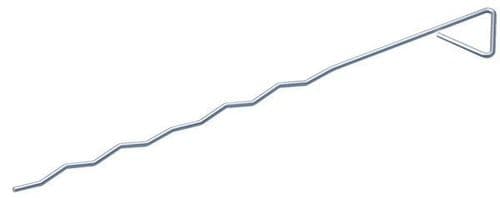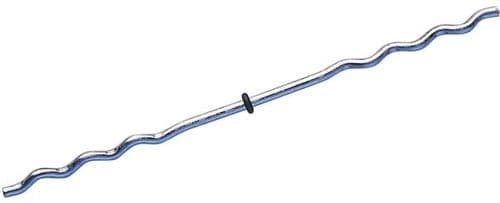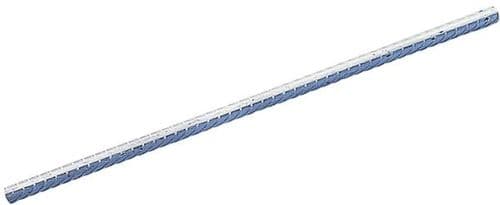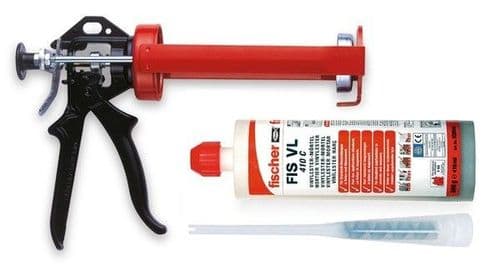Remedial Wall Ties
Used when tying together two leaves of solid materials, this tie has mechanical expanders at each end. Requires 11mm ¯ holes.
For use when the material in the inner leaf is perforated, of low-density or friable material. A resin fixing may be used to eliminate any imposed stress.
Used where bricks are removed then replaced in the outer leaf. The wavy end is resin-bonded into the inner leaf in a 10mm ¯ hole. The triangular end sits in a bed joint.
Similar to the AC 31 but cranked by 25mm to aid fixing to the inner leaf.
PLEASE BE ADVISED THAT THIS PRODUCT IS BEING WITHDRAWN FROM SALE AND REPLACED WITH THE BF2 WALL TIE. Please get in touch for more info
Used for tying the two leafs of a cavity wall or separating wall where the first leaf has already been built.
Stainless Steel ribbed bar, resin-grouted into the inner and outer leaves.
This is designed as a remedial tie for a separating wall. It will normally be inserted in 10mm ¯ holes and resin-bonded into both leaves.
The resin and hardener are stored in separate chambers and are safely mixed together inside the nozzle.
Wall ties are an essential element in the stability of masonry panels. Prior to 1978, wall ties were usually manufactured from galvanised mild steel. These ties were expected to last the lifetime of the building, but for many years it has been recognised that some of these wall ties have corroded after only 15 or 20 years.
When these ties corrode, they can expand to seven times their original thickness. This causes the brickwork to crack at the mortar joints and can result in major damage and sometimes the collapse of walls.

